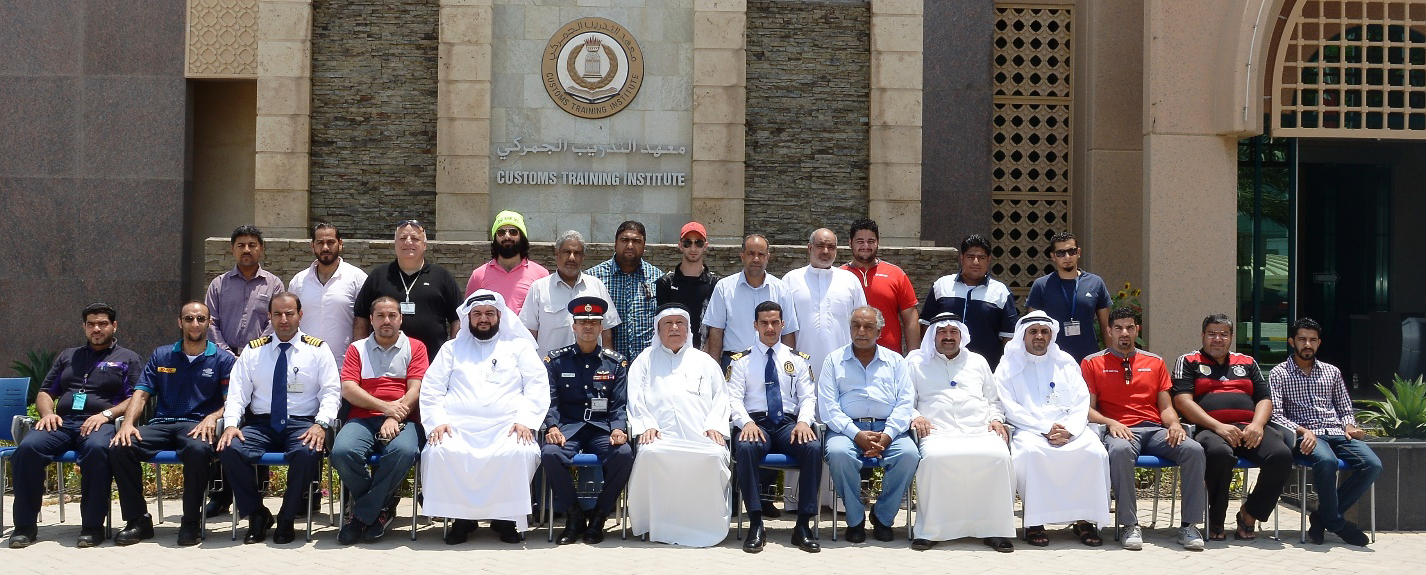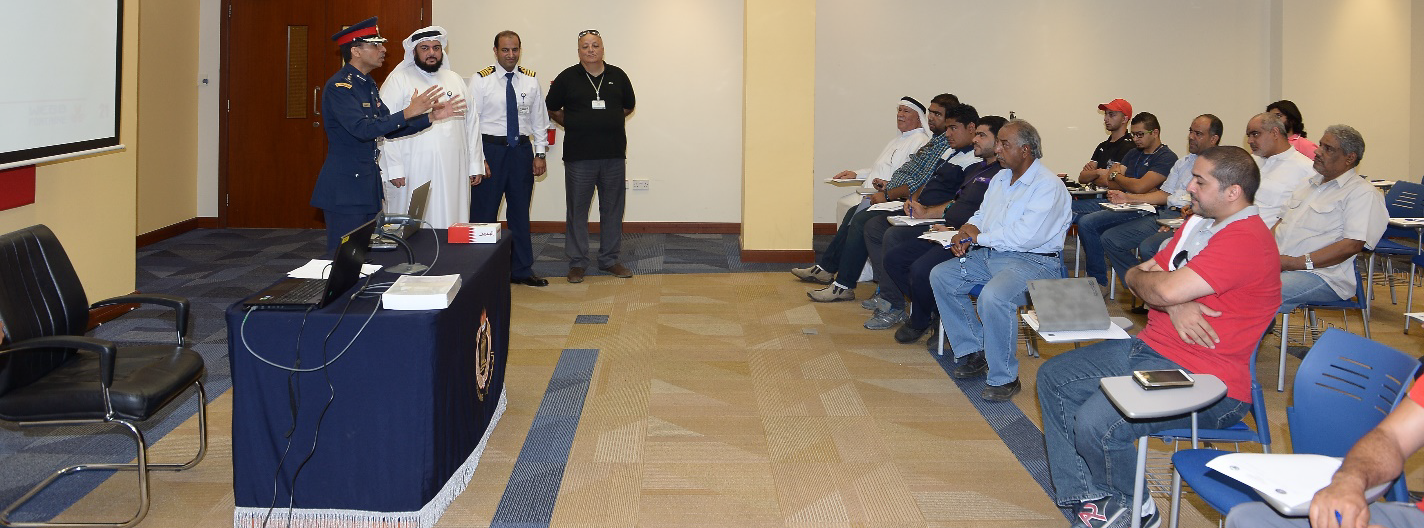GCC Customs Union: The journey to cloud-based duty settlement

The Kingdom of Bahrain is a member of a Customs Union with other five countries in the region. These countries are Saudi Arabia, Kuwait, Qatar, United Arab Emirates and Oman. This Union is called the Gulf Cooperation Council (GCC). As part of this Customs Union each country is responsible for collection of customs duty upon entry of foreign-origin goods into its domain. This is called the First Entry Point. If these goods are subsequently dispatched (wholly or partially) to another GCC country (Destination Country) for consumption then it is the responsibility of the first GCC country through its national Customs administration to remit the duty to the destination GCC country. The remitted duty is proportional to the value of re-exported goods.
In order to submit revenue claims to other countries within the GCC Customs Union and reconcile incoming claims against their own export figures, Bahrain Customs have, over the last three years, successfully operated the compensation regimes facility of TradeWorldManager (TWM), Webb Fontaine Customs Management system. The process has to date allowed Bahrain Customs to perform automatic reconciliation of foreign claims with export figures and has permitted timely production of claims for other GCC countries. The claims were sent to an XML gateway operated by the GCC Secretariat where all claims were centralised, and dispatched to countries.
In 2015 the GCC Secretariat overhauled the compensation gateway and fully automated the functionalities to cover full cycle from dispatch of goods to remittance of duty. The new system is called Automatic Direct Transfer (ADT).
Bahrain Customs affairs through TWM was able in record time to adapt to the GCC ADT system and launched the ADT interfacing on August 11, 2015. Bahrain Customs are now aligned with the GCC requirements of instant claim settlement and improved transiting cargo control.
This initiative represents a radical change for traders and Customs Officers who now use bar code facilities within TWM to electronically update claims triggered from Customs declarations. Claims are automatically transmitted to the centralised GCC server gateway as soon as the import or export declarations are released.
This is considered also a huge step for the Government of Bahrain which benefits from immediate settlement of claims.
Compensation sheet
Over the last three years, Bahrain Customs have automated and operated two specialised Customs Regimes for the management of GCC Duty Claims:
- EX1900 for Export of Foreign-Origin Goods from Bahrain to GCC Countries
- IM4900 for Import of Foreign-Origin Goods from GCC countries to Bahrain
Within the import or export Customs declaration form, during declaration submission by the trader on TWM, these regimes trigger a declaration sub-form called compensation sheet which facilitates the calculation of revenue, to be claimed by Bahrain to respective GCC countries and reverse. Explanations below:
-
Export to GCC from Bahrain – The export compensation sheet is used by Bahrain traders to enter the references of the original import to Bahrain from a non-GCC country. The duties and taxes to be claimed by the destination GCC country are automatically calculated in proportion to the value re-exported. The figures are electronically compared with the claims coming from the destination country every quarter.With the recent introduction of the new GCC ADT system, TWM prints on the Export declaration a barcode specifying details of the claim which is read in the destination GCC country. This eliminates the need for manual stamps and documents.TWM generates upon exit of shipment from Bahrain an XML message to GCC gateway notifying them of the shipments and amount of duty. When the shipment arrives on GCC destination country and is released by their Customs, an XML message is transmitted to Bahrain Customs which will trigger remittance of duty to the destination country.
-
Import from GCC to Bahrain – The import compensation sheet is used by Bahrain traders to capture information associated with the export declaration of the exporting GCC country which contains the amount of duties and taxes to be claimed by Bahrain. Bahrain Customs send quarterly electronic files to individual GCC export countries during the compensation sessions. Settlement of claims is performed every 3 months.In the new GCC ADT system, TWM enables the trader or his/her clearing agent to read the barcode information on the Export destination of the dispatching GCC country. The barcode information is validated against the information submitted by the Bahrain Trader. Any discrepancy is highlighted for correction.
Webb Fontaine in Bahrain aligns with the GCC Automated Debit Transfer (GCC ADT)
As stated above, the GCC ADT is a centralised system located at the headquarters of the GCC in Riyadh, Saudi Arabia. The ADT system requires a unique identification number (called due number) for each export from a GCC country to another GCC country to be printed on the Export declaration.
Upon assessment of the export declaration in the origin country, the corresponding due number is automatically generated by the Customs system of that country and transmitted to the ADT. The due number contains the information required to populate an import compensation sheet at the destination country (inclusive of the amount to be claimed).
Effectively the ADT system is a Near Real Time compensation system allowing the GCC countries to instantaneously settle claims and track discrepancies instead of awaiting quarterly session delays.
Bahrain Customs and the local Webb Fontaine Team were able to accommodate the required changes for ADT in record time because of the flexible TWM platform which supports cutting edge technologies for data exchange.
In addition to software integration Webb Fontaine assisted greatly Bahrain Customs Affairs in sensitising and training the Trade Community, Customs Officers and other stakeholder for adapting the new ADT environment. Along with Bahrain Customs, Webb Fontaine organised training for 250 clearing agents and traders in 6 sessions held in the week prior to system launch. A specialised training session was held for customs staff especially for financial department and the customs offices.

Traders and clearing agents attending ADT Training organised by Webb Fontaine and Bahrain Customs Affairs

Practical hand-on training was given to traders and clearing agents for using barcodes to capture ADT data
Learn more about our Bahrain Success Story
Learn more about our Customs Solutions
About Webb Fontaine
Webb Fontaine is revolutionising international trade by empowering governments and communities with technology powered by AI. We offer comprehensive solutions across the trade spectrum, ranging from risk management to customs systems, single window, and beyond. Webb Fontaine is headquartered in Dubai, UAE with a presence across Europe, Middle East, South America, Asia and Africa.

